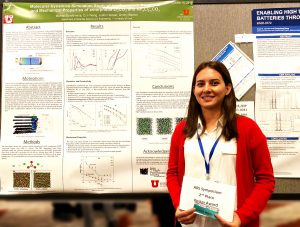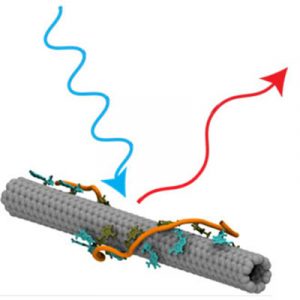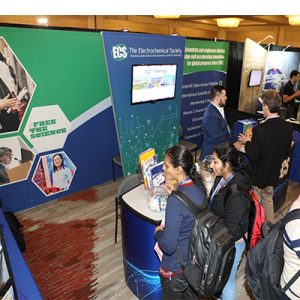 Proposal Submission Deadline: January 31, 2020
Proposal Submission Deadline: January 31, 2020
ECS, in partnership with the Toyota Research Institute of North America (TRI-NA), a division of Toyota Motor Engineering & Manufacturing North America, Inc. (TEMA), requests proposals from young professors and scholars pursuing innovative electrochemical research in green energy technology for the ECS Toyota Young Investigator Fellowship for Projects in Green Energy Technology.
Today’s automotive industry faces three environmental and energy issue challenges: finding a viable alternative energy source as a replacement for oil; reducing CO2 emissions; and preventing air pollution. While the demand for oil alternatives—i.e., natural gas, electricity, and hydrogen—is expanding, oil remains the main source of automotive fuel. Further research and development of alternative energies can offset alternatives’ drawbacks and bring change. (more…)


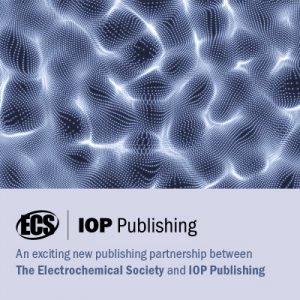
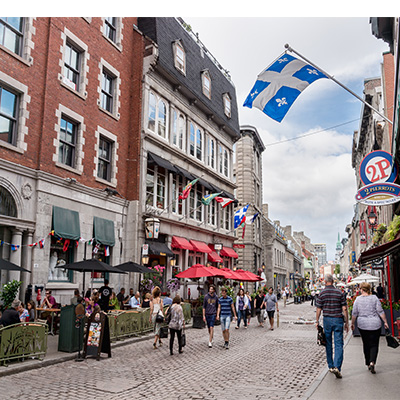
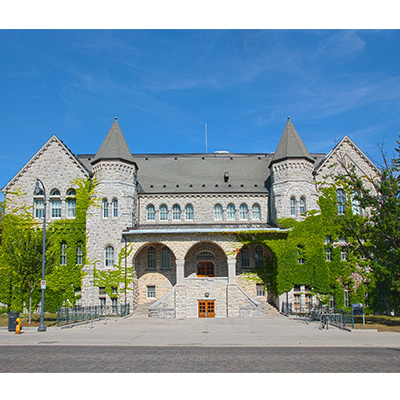 On Thursday, December 19, the
On Thursday, December 19, the 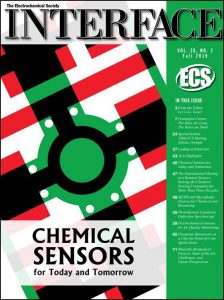 These are the 2020 updated deadlines and submission guidelines for division, section, and student chapter news to be considered for Interface.
These are the 2020 updated deadlines and submission guidelines for division, section, and student chapter news to be considered for Interface.
